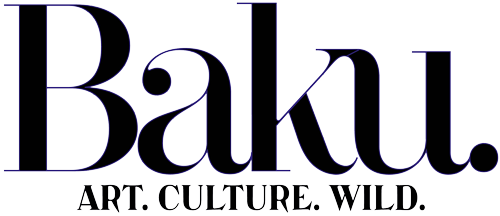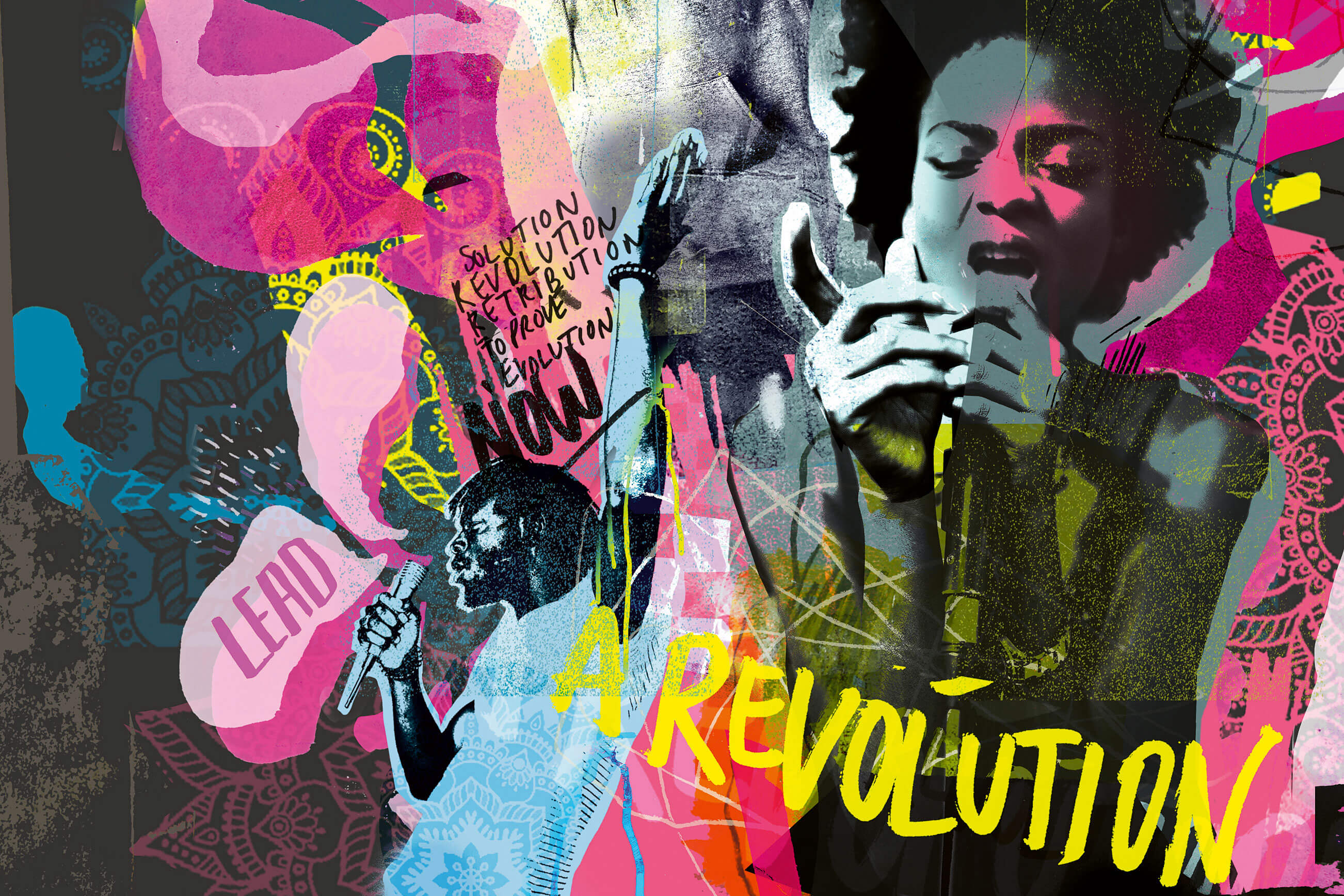From its humble beginnings in a Chicago bar in the mid-1980s to the worldwide phenomenon it is now, the poetry slam is the dynamic voice of the spoken word tradition today. Sally Howard takes a seat
Distinguishable from its cousin performance poetry in its speed and simplicity, the slam has poets perform without props and often within a strict three-minute time slot. Competitors are judged, sometimes harshly, by a boisterous nightclub-style audience. Today’s poetry slams, which see performers taking part in major contests in places as far apart as Delhi and Paris, follow older spoken-word traditions, from West Indian dub poetry to Middle Eastern hakawati storytelling to 1960s Beat poetry in California. With such a variety of participants and venues, where else but at a slam competition could you hear a frenetic blend of hip-hop and Shakespearean couplets, or a political jeremiad from the point of view of a disillusioned crab? The poetry slam is a wide genre, so here is our guide to the six slam poets you need to know.
Andrey Rodionov
Russia, b. 1972
Raised in the city of Mytishchi, north of Moscow, Rodionov worked as a set designer at the Stanislavski and Nemirovich-Danchenko Moscow Academic Music Theatre and has been a multiple winner of the all-Russia slam. His poetry explores the melancholy aspects of city life, such as in his poem ‘Tenderness Outside the City’, in which he exposes the conflict between the city as a space of welcome but also of alienation, or in ‘People of Hopelessly Obsolete Professions’, which describes the lot of the jobbing city poet. With his band Okraina (meaning suburb), Rodionov screams and growls his poems accompanied by electric guitar and pounding drums. He runs Moscow’s poetry slams and is the author of seven books of poetry, including New Dramaturgy (2010), Toys for the Outskirts (2007) and Dumplings Oysters (2004).
Solli Raphael
Australia, b. 2005
The youngest ever winner of a national slam, New South Wales-born Raphael won the 2017/18 National Australian Poetry Slam Championship – against an all-adult competition – with a trio of poems exploring homelessness, refugees and the stresses of modern life. Homeschooled Raphael, who refers to himself as a “teen trapped inside a balloon of ideas”, says he is inspired by helping humanity to act collectively against the challenges his generation will face, such as climate change and growing inequality. Raphael followed up his Australian Poetry Slam win by performing live at the 2018 Gold Coast Commonwealth Games in front of a TV audience of 1.5 billion. His debut book, Limelight, published by Penguin Random House Australia in September 2018, is an autobiographical poetry anthology for children, including tips on writing and public speaking.
Gabrielle Tuloup
France, b. 1985
By day, ‘slameuse’ Gabrielle Tuloup is Associate Professor of Letters and teaches in Seine-Saint-Denis on the outskirts of Paris. Tuloup came to prominence in 2010 when she won that year’s Slam Champion of France competition. She followed this in 2011 by winning the Poetry Slam World Cup, the only female competitor to have made the finals. Tuloup’s work focuses on love and physical embodiment in poems such as ‘Naissances’, in which giving birth is imagined in spasmodic and staccato consonants as she beats her breast with her clenched fist. Her first novel, La nuit introuvable, was released to rave reviews in 2018.
Rene Sharanya Verma
India, b. 1995
Indian feminist slam poet Rene Sharanya Verma garnered headlines in 2016 after performing a parody of macho Indian male rappers at the Delhi Poetry Slam. ‘An Open Letter to Honey Singh’, addressed to the notorious Punjabi poet of the same name, took on Indian rap’s narratives of sexual violence, perfect female
body image and ambivalent women’s consent, and turned them into a challenging retort: “I don’t look the bomb in a short dress, mate; I am not your young girl, your salty girl,” Verma spat out in a mixture of Hindi and English, waving her arms in emphatic arcs. A student at St Stephen’s College in Delhi, Verma spent two terms in 2017 at the University of Oxford as a Rhodes Scholar studying feminist film theory. The aim of her poetry, she says, is to present an example to Indian girls of a young woman emboldened to speak out. “I want to tell them, ‘You can go to the moon, you can conquer the world, you can lead a revolution, you can rap, you can sing, you can direct, you can follow your dreams’,” she told the BBC.
Takeo Oshima
Japan, b. 1974
The 2016 Japan Poetry Slam winner, Takeo Oshima is host of regular Tokyo poetry readings series Spirit. His darkly comic poems – which he performs wearing his trademark pork-pie hat – often reflect his passion for Japanese flora and fauna. His winning 2016 Japanese Poetry Slam competition poem ‘Crab Warehouse’, for example, is a surreal narrative from the point of view of crabs who work at a crab-canning factory. Performed at the 2016 Poetry Slam World Cup held in Paris, his poem ‘The Head I Buried’ explores budding masculinity through a dark tale of a boy burying a head in a paddy field. ‘It is Time Soon For You To Come’, his collection of poetical short stories, was released in 2018.
Ed Mabrey
USA, b. 1978
Four-time Individual World Poetry Slam title-winner Mabrey recalls his first slam: “I thought I would read some bad break-up poetry and move on,” he says, “but I found I had this tremendous urge to write, share and perform.” Raised by a single parent in Ohio, Mabrey’s poems chart the African American experience. ‘Q&A’, his winning entry for the 2015 Southern Fried Poetry Slam, begins with the voice of a four-year-old boy that deepens through the poem, charting the struggles of his life until, at its conclusion, he’s a rasping, hard-bitten man of 40; ‘Libretto of the Opera: Death of a Black Boy’, follows a boy growing up in a violent home, imagined through operatic stage directions. In addition to hosting spoken-word events, Mabrey tours the US running poetry workshops at grade schools, colleges and Fortune 500 companies. His work can be seen on the spoken-word TV channel HBO All Def Digital.
Illustration by Tim Marrs
This story appears in the Autumn/Winter 2018 issue of Baku magazine. Pick up your copy on newsstands now.
Like this? Then you’ll love: The word is out: Russian Poetry | Artist Shilpa Gupta on breaking silence




